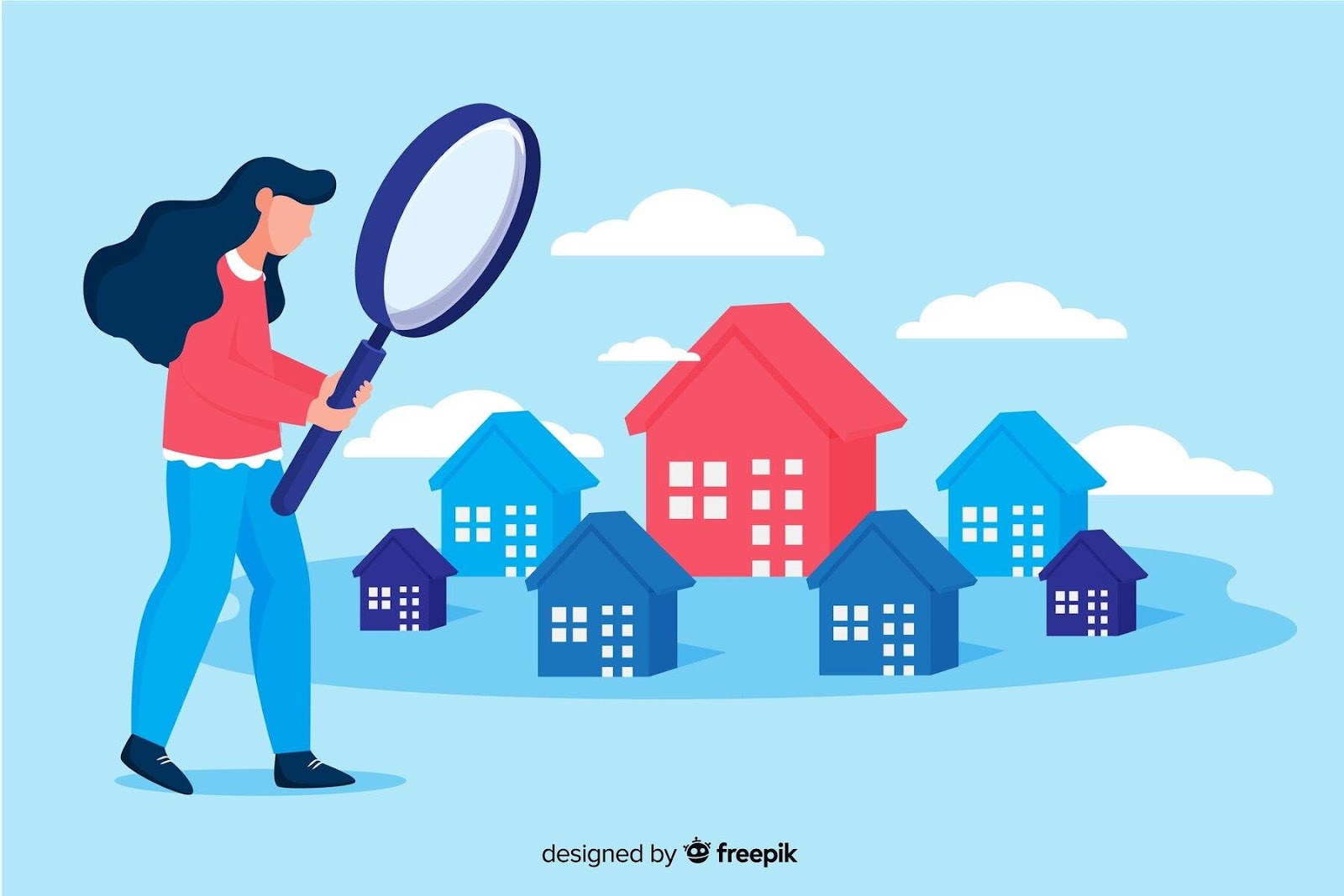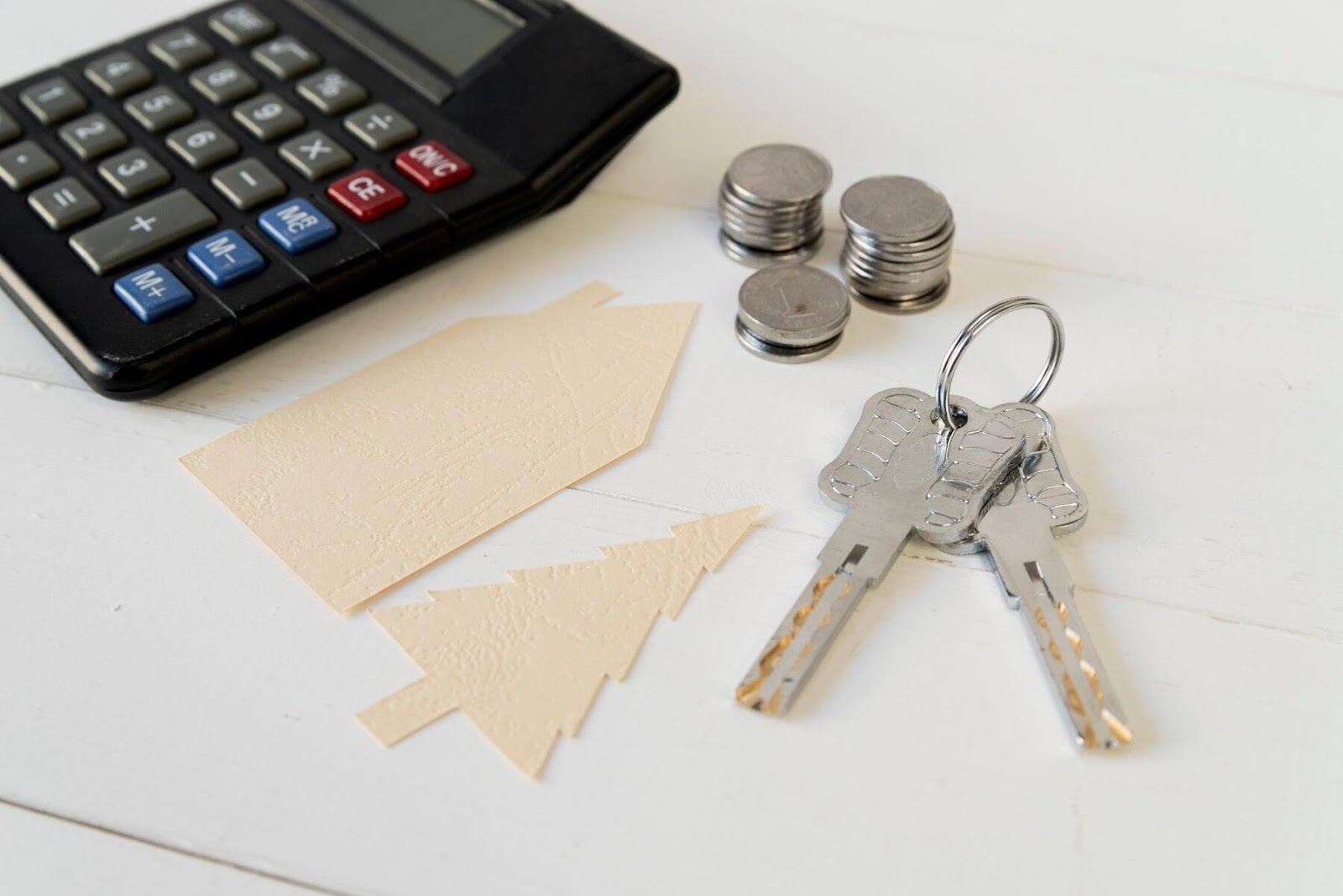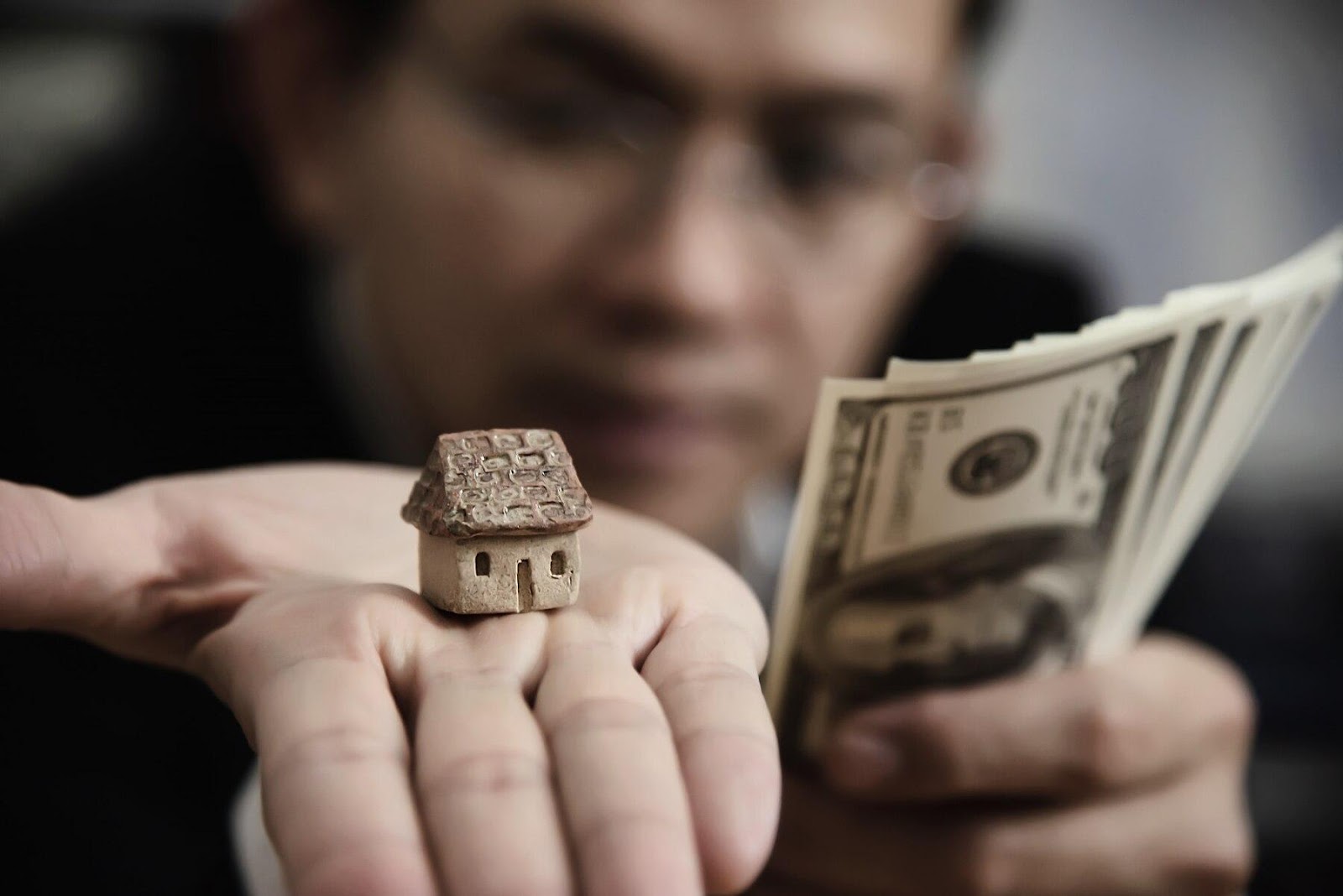The real estate market is one of the most profitable and dynamically developing business sectors. However, as the demand for housing grows, so does the number of fraudulent schemes related to buying and selling real estate. Fake realtors, deceptive agencies, and various scams are becoming more common, creating serious risks for citizens.
Realtor Fraud: How Does It Work?
There are many schemes used by fraudsters posing as realtors. The main ones include:
- Fake listings.
- Document forgery.
- Deposit scams.
- Unjustified commissions
All these schemes have a common trait — they are aimed at gaining profit by exploiting the trust and ignorance of the client.
Fake Real Estate Agencies: How to Recognize Them?
Fake agencies often appear legitimate. Their websites may be well designed, and their staff — polite and professional. However, there are several signs that can help you recognize a dishonest agency:
- Lack of license.
- No reviews or bad reviews.
- Request for prepayment.
- Unclear terms of work.
- No physical address.
By expanding your knowledge about fake agencies, you can avoid many problems and troubles.
Fraud When Selling an Apartment: How Not to Become a Victim?
Fraud when selling an apartment often occurs due to a lack of information or awareness on the part of the buyer. The conditions under which fraud can occur often depend on the actions of both parties. To protect yourself, follow simple yet effective recommendations.
- Check all documents.
- Visit the apartment in person.
- Study the market.
- Seek help from professionals.
- Be cautious with cash.
By following these tips, you will significantly reduce the risk of becoming a victim of fraud in the real estate market.

Deposit Scams for Housing: Typical Schemes
Deposit scams can take various forms. The main fraud schemes:
- Prepayment agreement. Fraudsters may offer you to sign a rental agreement and request prepayment for the first month and a deposit. After receiving the money, they disappear.
- Theft of confidential information. Some fraudsters may take a deposit and also request personal data to later use it in their crimes.
To protect yourself from these schemes, it is important to know who you are dealing with. Always verify the agent or landlord before handing over money.
Real Estate Scam: How to Protect Yourself?
Real estate scams can take many forms — from fake agents to document manipulations. To avoid these risks, follow simple steps:
- Do not be afraid to ask questions about any aspect of the transaction. If the agent avoids answering or gives vague explanations, this may be a signal that you should not deal with them.
- When renting or buying an apartment, use verified sites and agencies. Do not respond to an ad that seems suspicious.
- Report fraud. This will help protect others from potential fraud.
- Familiarize yourself with consumer protection laws in your country. This knowledge will help you in the event of problems.

Fake Documents for Apartments: How to Recognize Them?
Document forgery in real estate is a common practice among fraudsters. To identify fake documents, pay attention to the following details:
- Incorrect details. Ensure all details, such as passport data and license numbers, are correct. Errors or discrepancies may indicate forgery.
- Paper quality. Fake documents are often printed on low-quality paper. If you notice the paper seems too thin or has suspicious printing marks, it may be a sign of fraud.
- Comparison with originals. If you have access to similar documents, compare them. Original documents usually have characteristic features like watermarks and special seals.
How to Check a Realtor: Useful Tips
Checking a realtor is the first step to a safe transaction. Here are some recommendations:
- License check. Familiarize yourself with the realtors' license database in your region. Make sure your agent is authorized to conduct real estate transactions.
- Transaction reports. Ask the realtor to provide open reports on transactions they have conducted. This will allow you to assess their experience and reputation in the market.
- Interview. Conduct a brief interview with the realtor. Pay attention to their professional skills, level of information, and willingness to answer your questions.
- Contact previous clients. If possible, contact the realtor's previous clients to learn about their experience working with them. This will help you form your own opinion about their reliability.
Checking a realtor is an important step that will help you avoid undesirable consequences.

Fraud in the Real Estate Market: How to Protect Yourself?
To protect against fraud in the real estate market, all parties involved in transactions must be vigilant. There are several components of protection:
- Education. Study the real estate market and the basic rules for buying and selling housing. Knowledge is your best protection.
- Thoroughness. Carefully check all documents, transaction terms, and information about the realtor. Do not rush to make decisions, especially if something raises doubts.
- Professional help. Do not hesitate to seek help from lawyers or experienced realtors. This will help you avoid ridiculous mistakes and protect your financial interests.
- Communication and community. Participate in local real estate groups or forums where people share experiences and report fraud. This can help you be aware of potential risks and deter fraudsters.

Conclusion
Fraud in the real estate market is a serious problem that requires careful attention from buyers and renters. Knowing the main fraud schemes, the ability to recognize forgeries, and checking realtors can help you avoid troubles. Use the recommendations described above to maximize your protection and financial interests when conducting real estate transactions. Learn from others' mistakes, stay vigilant and informed, and your transaction will be successful and safe.
